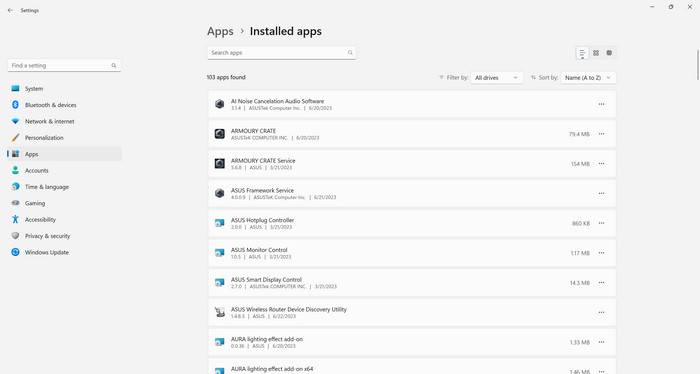Skype Click to Call is a browser extension that allows users to make calls directly from their web browser by simply clicking on phone numbers displayed on websites. It was developed by Skype, a popular communication platform owned by Microsoft. While this feature may seem convenient, there are several factors to consider before deciding whether to keep or uninstall Skype Click to Call.

How Does Skype Click to Call Work?
Skype Click to Call works by integrating with your web browser and adding a small icon next to phone numbers displayed on websites. When you click on a phone number, Skype Click to Call automatically initiates a call using your Skype account. This feature is designed to save time and make it easier to connect with businesses or individuals directly from your browser.
The Benefits of Skype Click to Call
Skype Click to Call offers several benefits that make it a useful tool for many users:
- Convenience: With Skype Click to Call, you can make calls directly from your browser without the need to manually dial numbers or switch between applications.
- Time-saving: By eliminating the need to manually enter phone numbers, Skype Click to Call can save you valuable time, especially when making multiple calls.
- Integration: Skype Click to Call seamlessly integrates with your existing Skype account, allowing you to take advantage of your Skype contacts and call history.
Privacy and Security Concerns
While Skype Click to Call offers convenience, it also raises privacy and security concerns that users should be aware of:
- Data Collection: Skype Click to Call collects and stores data about the websites you visit, including phone numbers, to provide its functionality. This data collection may raise privacy concerns for some users.
- Potential for Malware: In the past, there have been reports of Skype Click to Call being bundled with adware or potentially unwanted programs (PUPs). These additional software installations can compromise your computer’s security and lead to unwanted advertisements or browser hijacking.
Given these concerns, it is important to consider whether the benefits of Skype Click to Call outweigh the potential risks.
Should I Uninstall Skype Click to Call?
Deciding whether to uninstall Skype Click to Call ultimately depends on your personal preferences and priorities. Here are a few factors to consider:
1. Privacy Concerns
If you are concerned about the data collection practices of Skype Click to Call and value your privacy, uninstalling the extension may be the best option for you. Removing Skype Click to Call ensures that your browsing activity and phone number data are not being collected or stored.
2. Security Risks
If you prioritize the security of your computer and want to minimize the risk of malware or unwanted software installations, uninstalling Skype Click to Call is recommended. By removing the extension, you reduce the chances of encountering adware or PUPs that may compromise your system.
3. Convenience and Time-saving
If the convenience and time-saving aspects of Skype Click to Call outweigh your privacy and security concerns, you may choose to keep the extension installed. Evaluate whether the benefits of making calls directly from your browser outweigh the potential risks.
How to Uninstall Skype Click to Call
If you have decided to uninstall Skype Click to Call, follow these steps:
- Open your web browser and navigate to the browser’s extension or add-ons settings.
- Locate the Skype Click to Call extension in the list of installed extensions.
- Click on the “Remove” or “Uninstall” button next to the Skype Click to Call extension.
- Follow any additional prompts or instructions to complete the uninstallation process.
After uninstalling Skype Click to Call, it is recommended to scan your computer for any potential malware or unwanted software. Malwarebytes Free is a reputable antivirus program that can help you detect and remove any threats. You can download Malwarebytes Free from their official website and run a scan using the software.
Remember to regularly update your antivirus software and exercise caution when installing browser extensions or add-ons to minimize the risk of encountering malware or unwanted software in the future.
Conclusion
Skype Click to Call offers convenience and time-saving benefits for users who frequently make calls from their web browser. However, it also raises privacy and security concerns due to data collection practices and the potential for bundled adware or PUPs. Whether to uninstall Skype Click to Call depends on your personal preferences and priorities. If privacy and security are your main concerns, it is recommended to uninstall the extension. If convenience outweighs the potential risks, you may choose to keep it installed. Regardless of your decision, it is important to stay vigilant and regularly scan your computer for malware using reputable antivirus software like Malwarebytes Free.










